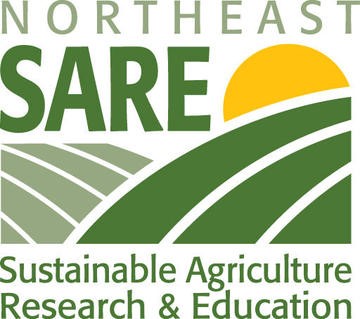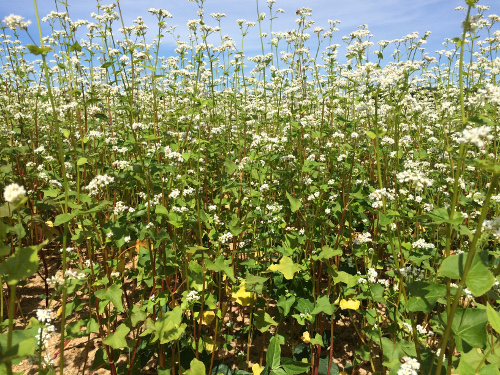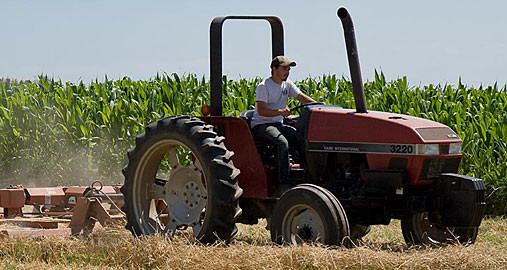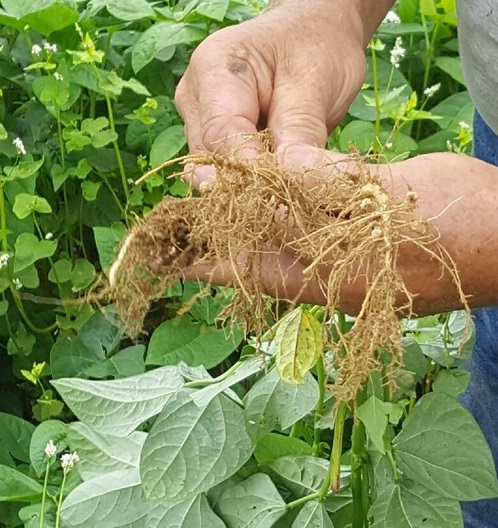
Purpose
The Rutgers Sustainable Agriculture Research and Education program has the goal of disseminating information to the commercial agriculture industry, agriculture service providers and others about grants, projects, programs and educational materials related to sustainable agriculture that are funded by USDA SARE grant funding. The main areas of this page include:
- NJ SARE Outreach
- Rutgers Direct Marketing and Agritourism Programming
- RUBREW- Rutgers University Brewing Crops Research and Extension Work
What is Sustainable Agriculture?
Sustainable agriculture is defined as an integrated system of plant and animal production practices having a site-specific application that will, over the long term:
- Satisfy human food and fiber needs
- Enhance environmental quality and the natural resource base upon which the agricultural economy depends
- Make the most efficient use of nonrenewable resources and on-farm resources and integrate, where appropriate, natural biological cycles and controls
- Sustain the economic viability of farm operations
- Enhance the quality of life for farmers and society as a whole
One of the main aspects of sustainable agriculture is economic viability. If a farm is not profitable, it is not sustainable. Additionally, sustainable agriculture has an ecological component; recognizing we must preserve resources that sustain future food and fiber production. Sustainable agriculture is socially supportive, with the premise of sustainability that provides quality of life of farmers, farm families, and their communities. In conclusion, sustainable agriculture is an overall approach to farming, and is an integral part of pest management, cultural practices, soil health, and long-term farm viability.


